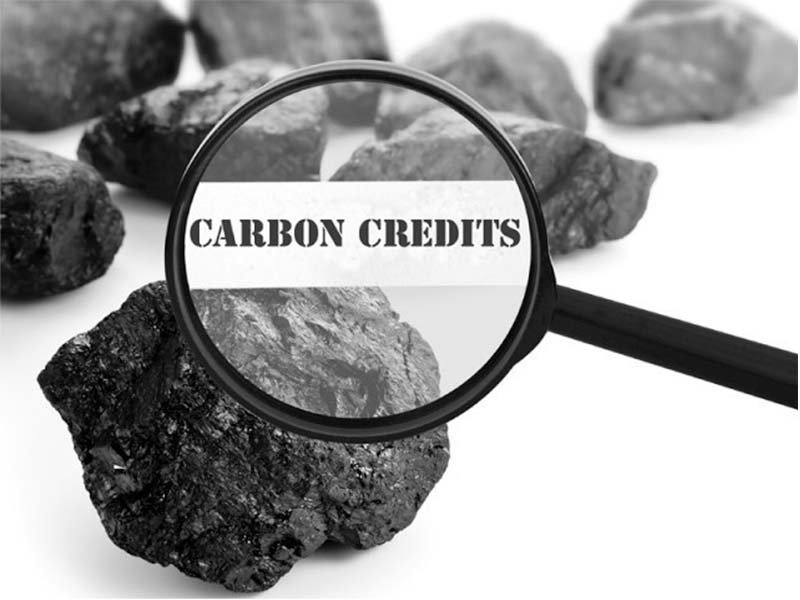
This would be done by optimising the energy generation mix between oil, gas, hydro, nuclear, solar wind and biomass with reference to indigenousness, economic feasibility, scalability, risk assessment and environmental impacts.
In the budget for the fiscal year 2015-16, the finance ministry has allocated Rs33.88 million for carbon neutral Pakistan projects, while the total lifetime cost of the project is estimated at Rs313.96 million.
Carbon credit trading was one of the results of the Kyoto Protocol and works similarly to the trading of securities or commodities in a marketplace.
Carbon is given an economic value, allowing people, companies or nations to trade it. If a country buys carbon credits, it is buying the right to produce an equivalent amount of pollutants into the atmosphere, while a party selling carbon is giving up the same rights. The money generated can then be used for clean development initiatives.
The benefits of the Pakistan carbon market include economic growth created by direct and indirect investment in clean energy projects, involvement of the private sector investment in such projects, acquisition of efficient and environment-friendly technologies, and national sustainable development goals.
According to the project concept, one of the main activities under carbon neutral Pakistan will be establishment of a carbon market for promotion and enhancement of climate change mitigation projects.
Under this project MOCC envisaged establishment of a fully equipped carbon neutral market which will support the ministry as a designated national authority (DNA) for CDM and nationally appropriate mitigation actions (NAMAs) related activities in the country as well as to review and evaluate the climate change mitigation projects for endorsement of ministry of climate change as DNA by ensuring sustainable development criteria.
Pakistan is a small greenhouse gas (GHG) emitter and contributes only 0.8 per cent of the total global GHG emissions. However, it is among the countries most vulnerable to adverse impacts of climate change, and has very low technical and financial capacity to adapt and mitigate the effects of climate change.
Global warming has caused acceleration in melting glaciers, shifts in biodiversity, changes in crop and vegetation distribution, vulnerability of mountain, deserts, marine and coastal ecosystems.
According to a study conducted by Dawood College of Engineering & Technology Karachi, and University of Technology Malaysia regarding renewable and sustainable energy review of Pakistan, the country has possessing 2.9 terawatts of solar energy potential.
Published in The Express Tribune, June 12th, 2015.
1732434981-0/BeFunky-collage-(10)1732434981-0-405x300.webp)




1732433856-0/Untitled-design-(6)1732433856-0-270x192.webp)
1732429143-0/BeFunk_§_]__-(44)1732429143-0.jpg)
1732428532-0/BeFunk_§_]__-(43)1732428532-0.jpg)

1732427746-0/Copy-of-Untitled-(2)1732427746-0-270x192.webp)







COMMENTS
Comments are moderated and generally will be posted if they are on-topic and not abusive.
For more information, please see our Comments FAQ